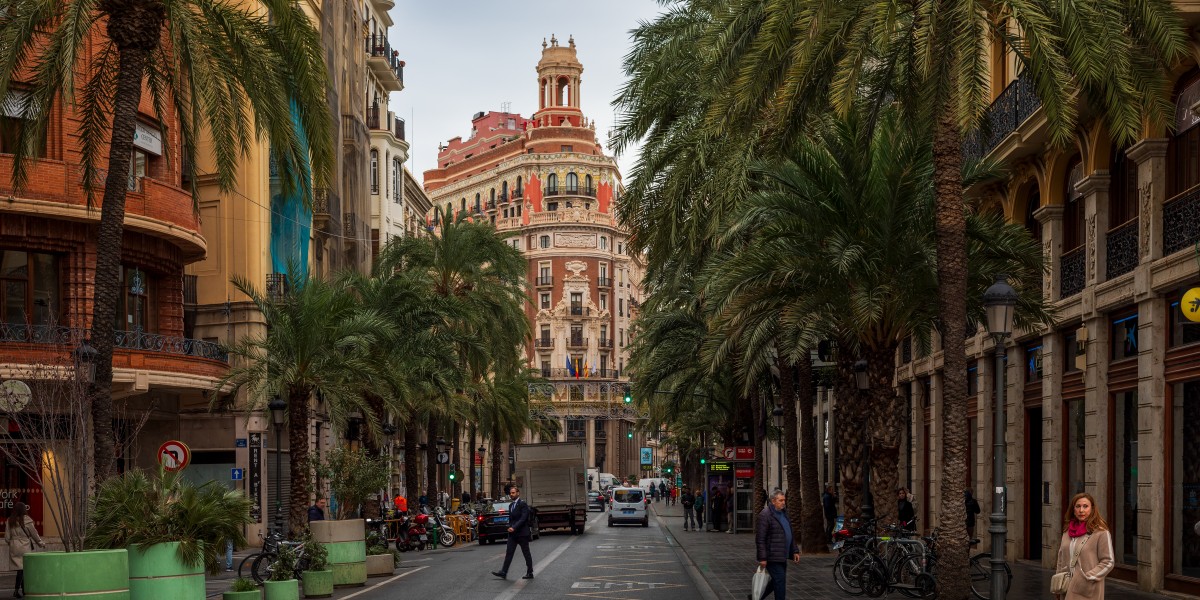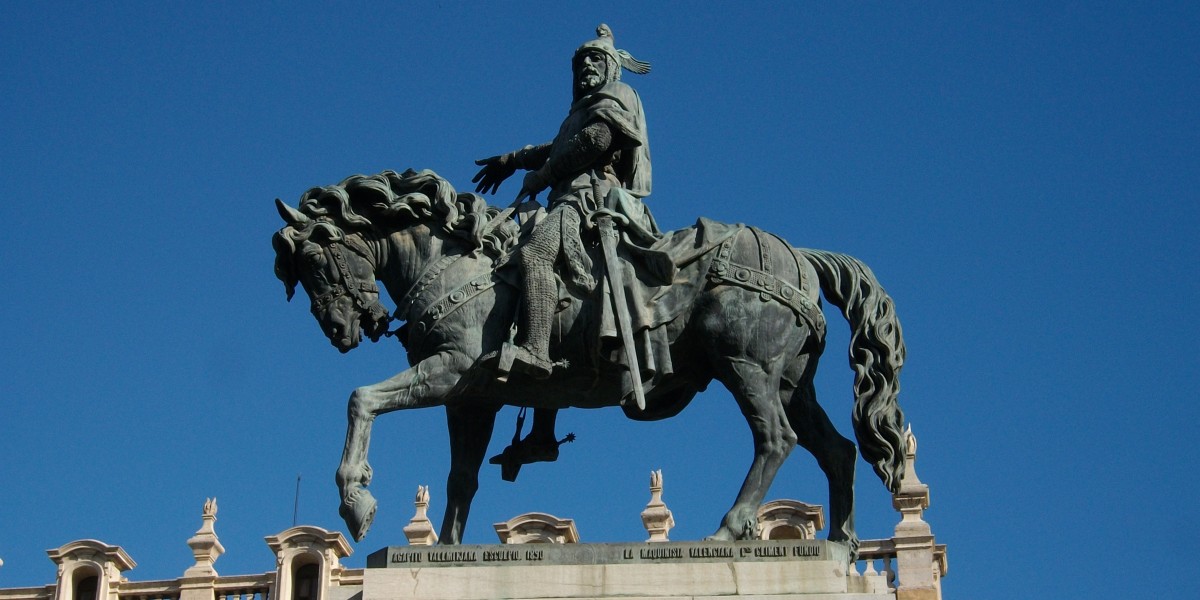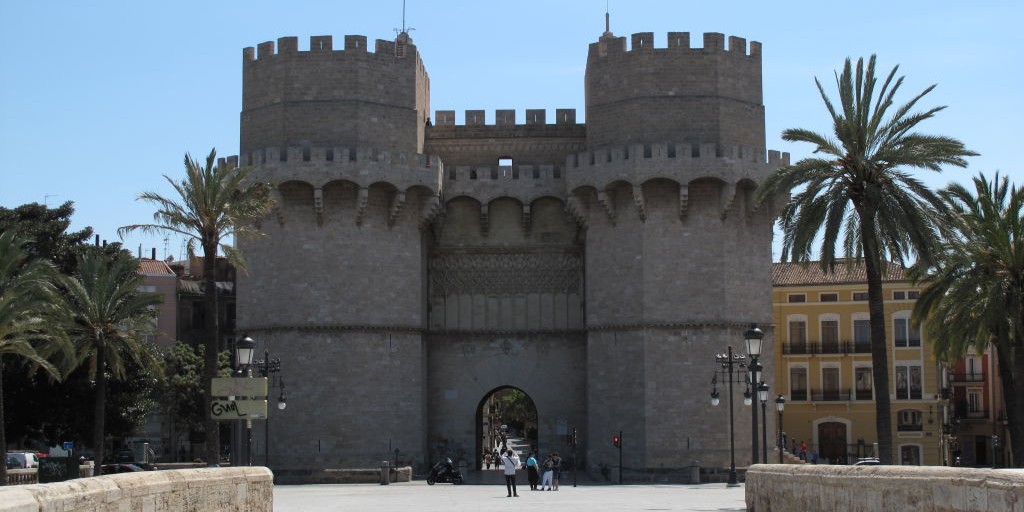
Valencia is one of Spain’s most important and recognisable cities, celebrated for its Mediterranean climate, rich history and vibrant cultural life. Situated on the country’s eastern coast, it stands out for its remarkable architectural heritage and deep-rooted past. But have you ever wondered how Valencia got its name? Let’s explore the origins of the city’s name through the ancient history of the Turia River’s capital.
History of Valencia
Valencia was founded by the Romans in 138 BC under the name Valentia Edetanorum. In its early centuries, the city flourished thanks to its strategic position along the Via Augusta and the fertility of its surrounding farmland. During the Visigothic period, and later under Muslim rule from the 8th century onwards, it prospered as an important agricultural and commercial hub.
The conquest of the city by King James I of Aragon in 1238 marked a decisive turning point in Valencia’s history, incorporating it into the Crown of Aragon and welcoming Christians, Jews and Mudéjars (Muslims who had converted to Christianity). During the Middle Ages and the Renaissance, the city experienced a true golden age, erecting landmarks such as the Silk Exchange (Lonja de la Seda) and becoming a prominent literary centre.
In the modern era, Valencia evolved into a vibrant and forward-looking city. It played a key role in industrialisation and agricultural exports, and in the 20th century, it endured turbulent times – from serving as the capital of the Republic during the Civil War to embracing democracy once again.

Where did Valencia get its name?
If you're wondering about the meaning of Valencia, the origin of its name is linked to its Roman foundation in the 2nd century BC. The Romans named the settlement Valentia Edetanorum, a toponym whose meaning refers to the value, bravery or strength of the local people, the Edetani.
This type of naming was common in Rome at the time, as it was customary to give new colonies names evocative of military virtues or heroic qualities. This is how Valencia got its name, specifically in 138 BC, before evolving over the centuries.
What was Valencia called before?
Before the city adopted the name Valencia as we know it today, its name went through several transformations, reflecting the different cultures and civilisations that settled there. Below is a list of the most relevant names it has had:
- Valentia Edetanorum: The city's first official name, given by the Romans in 138 BC.
- Valentia: Over time, the city became known simply as "Valentia", retaining the original meaning of courage and strength, but losing the reference to the Edetani.
- Madīna at-Turab: When the city passed into Muslim hands in the 8th century, it received this name, which means "city of the sand", in direct reference to the sandy environment where it was located, next to the Turia River.
- Balansiya: Muslims initially reserved this term to refer to the entire Valencian taifa (kingdom). Over time, during the reign of Abd al-Aziz, the capital city reclaimed this name for itself.
- Valencia / València: After the Christian conquest by James I in 1238, the city recovered its Latin name. In 2016, the Valencian form "València" was adopted as the only official one.

Living in Valencia
Living in Valencia offers a perfect combination of history, culture and quality of life by the Mediterranean Sea. The city boasts a pleasant climate almost year-round, beautiful urban beaches and a vibrant cultural scene.
Its streets are filled with art, good food and green spaces like the famous Turia Gardens. Furthermore, it stands out for its welcoming atmosphere, wide range of leisure activities and excellent transport links, making it an ideal place for students, families and professionals alike.

